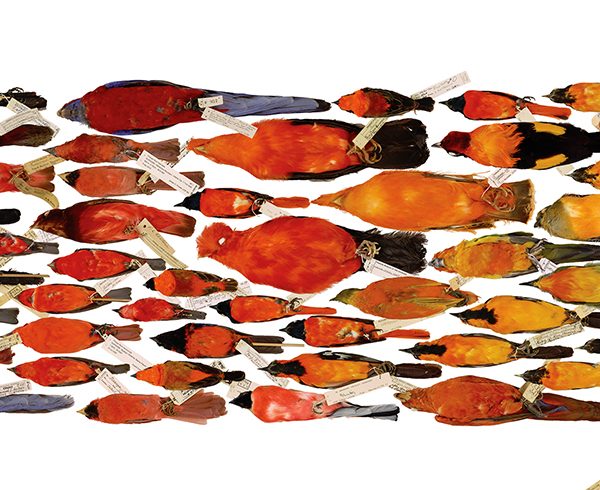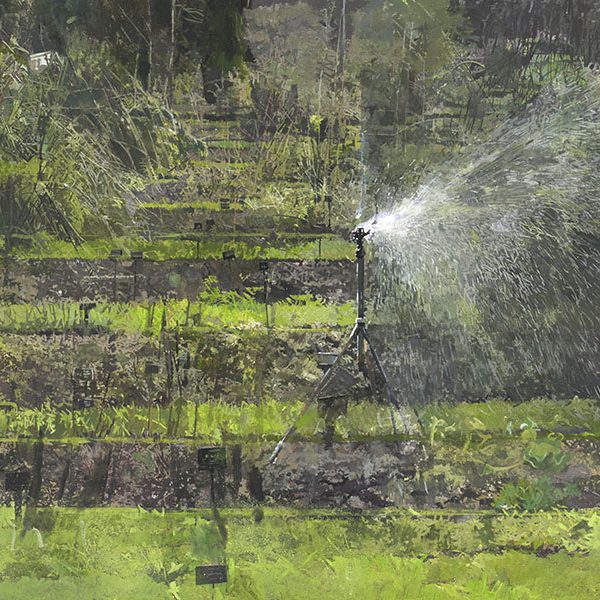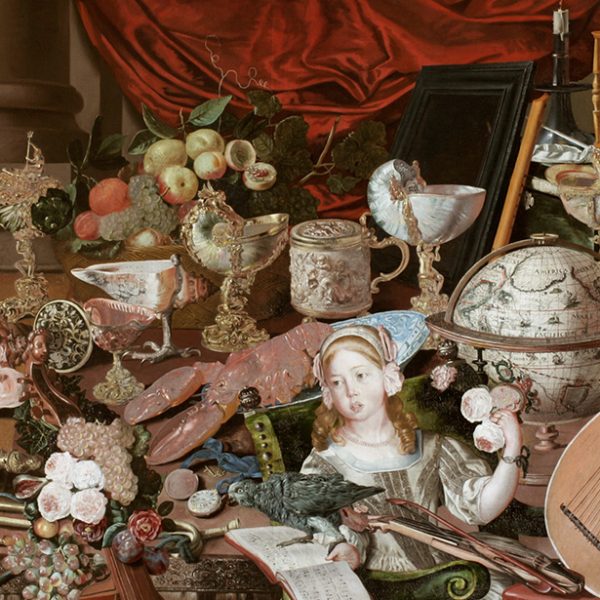To London, with Love: All the Downton Rage
Ivan Lett—
Finally, I win. I win every time the newest craze comes in from across the pond, but the Guinness World Book of Record-holding Downton Abbey has taken things to a new level. Following the American premiere of the second season this past Sunday, the New York Times released a list of publishers’ books, writing that: “Publishers are convinced that viewers who obsessively tune in to follow the war-torn travails of an aristocratic family and its meddling but loyal servants are also literary types, likely to devour books on subjects the series touches.”
 Fine, I’ll bite; I do work here, after all, and I’ve been successfully “typed” once again. But fortunately, there will be no spoilers in this post: I’m two episodes behind and I have closed communications on the subject with not just UK friends, but everyone—not to mention I rely on online streaming and watching at my own leisure… (I love you PBS!)
Fine, I’ll bite; I do work here, after all, and I’ve been successfully “typed” once again. But fortunately, there will be no spoilers in this post: I’m two episodes behind and I have closed communications on the subject with not just UK friends, but everyone—not to mention I rely on online streaming and watching at my own leisure… (I love you PBS!)
 Yale’s list boasts a large number of titles on British homes and architecture, many from the Paul Mellon Centre for Studies in British Art and the Yale Center for British Art, not to mention the entire Pevsner Architectural Guides. Closest to Downton Abbey is The Edwardian Sense, edited by Morna O’Neill and Michael Hatt, which looks at the performance of art and design in relation to the public and private settings of the period, and Michael Girouard’s studies of country houses and architecture include reflections on the upper-class lifestyle of Highclere Castle, where the series takes place.
Yale’s list boasts a large number of titles on British homes and architecture, many from the Paul Mellon Centre for Studies in British Art and the Yale Center for British Art, not to mention the entire Pevsner Architectural Guides. Closest to Downton Abbey is The Edwardian Sense, edited by Morna O’Neill and Michael Hatt, which looks at the performance of art and design in relation to the public and private settings of the period, and Michael Girouard’s studies of country houses and architecture include reflections on the upper-class lifestyle of Highclere Castle, where the series takes place.

 Others who are more interested in the characters—like Maggie Smith as the Dowager Countess—will enjoy David Waller’s The Magnificent Mrs. Tennant, a radiant and powerfully influential woman who was hostess of a glittering salon. At her hub of social, literary, and intellectual life were Prime Ministers Gladstone and Disraeli, Oscar Wilde, Henry James, Robert Browning, and Mark Twain—and like the Countesses Grantham, she certainly knew how to play with the boys despite the Victorian-Edwardian odds against her sex. And history buffs like me follow Amanda Vickery for her study Behind Closed Doors: At Home in Georgian England and the accompanying BBC series “At Home with the Georgians,” looking at men and women’s economic and social survival in the tempestuous and demanding settings of domestic life, and easily one of my all-time YUP favorites.
Others who are more interested in the characters—like Maggie Smith as the Dowager Countess—will enjoy David Waller’s The Magnificent Mrs. Tennant, a radiant and powerfully influential woman who was hostess of a glittering salon. At her hub of social, literary, and intellectual life were Prime Ministers Gladstone and Disraeli, Oscar Wilde, Henry James, Robert Browning, and Mark Twain—and like the Countesses Grantham, she certainly knew how to play with the boys despite the Victorian-Edwardian odds against her sex. And history buffs like me follow Amanda Vickery for her study Behind Closed Doors: At Home in Georgian England and the accompanying BBC series “At Home with the Georgians,” looking at men and women’s economic and social survival in the tempestuous and demanding settings of domestic life, and easily one of my all-time YUP favorites.
So, here’s the real question: when do I get to make a guest appearance as the visiting American soldier-poet fighting in World War I? Postwar shock therapy not required.
Ivan Lett is Online Marketing Coordinator for Yale University Press.



